ASEEES is delighted to announce the Film Screenings as part of our 2017 ASEEES Annual Convention in Chicago, Illinois, Nov. 9-12.
We thank the members of the Working Group on Cinema and Television for putting together a fantastic film series. We also thank the University of Chicago for organizing a public screening of “The Three Heroines (Tri geroini),” as part of the Revolution Every Day exhibit activities for the ASEEES Convention, and Stage Russia for providing a free screening of “The Black Monk”.
Program
Finding Babel, 2015, USA, 1hr 28 min, dir. David Novack
Thursday, November 9, 8:00-10:00 pm | Marriott Downtown Magnificent Mile, Chicago Ballroom D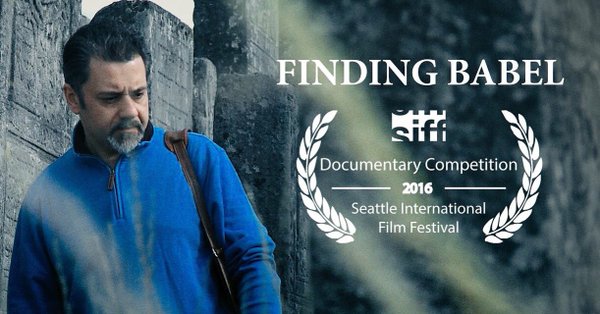
Introduction by Gabriella Safran (Stanford U)
Q&A by David Novack (Odessa Films/ U of Pennsylvania) and Val Vinokur (The New School)
The subversive masterpieces of Russian-Ukrainian writer Isaac Babel challenged the reality of life under rising totalitarianism, and led to his arrest and execution in 1940. In Finding Babel, Andrei Malaev-Babel confronts complex traces of a turbulent history that echo in his grandfather’s writing and in the conflicts of today’s Ukraine and Russia. Babel’s fiction is woven into Andrei’s search with ethereal animation that puts the viewer, like Babel’s readers, between fantasy and reality.
The Event (Sobytie), 2015, Germany, 1 hr 14 min, dir. Sergei Loznitsa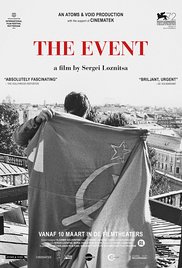
Introduction by Oksana Sarkisova (Central European U)
The Event (Sobytie) investigates a world-changing episode in history: the failed 1991 coup d’etat that would finally lead to the dissolution of the USSR. Exclusively using black-and-white archive footage from the Saint Petersburg Documentary Film Studio, which was shot over the course of those few days of grand confusion, the film manages to illustrate the hopes, fears and anger of a people living through the last days and hours of the USSR while also suggesting something about the cyclical nature of history in general and Russian history in particular.
The Three Heroines (Tri geroini) in 35mm Print Courtesy of the Austrian Film Museum, 1938, USSR, 54 min, dir. Dziga 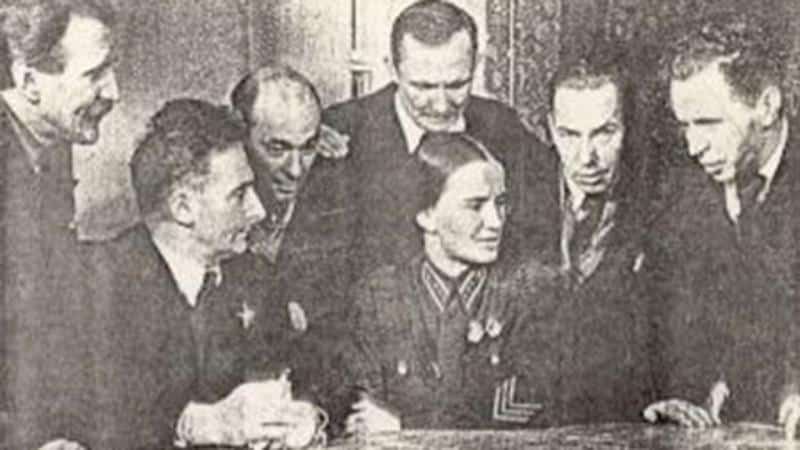
Friday, November 10, 8:00-10:00 pm | University of Chicago, Logan Center for the Arts
*This screening is open to the public (part of Revolution Every Day: Dziga Vertov in the 1930s series)
Introduction by Robert Bird (U of Chicago)
On 24 September 1938 three female aviators set off from a Moscow airfield for Khabarovsk in the Soviet Far East with the intention of setting a women’s long-distance record. Having lost radio contact, the plane put down in an isolated swamp. A massive search operation located the airplane (called “The Motherland”) after ten days and brought the women back to Moscow, where they arrived to a heroines’ welcome. Having failed to secure permission to film the flight, Vertov and Svilova reconstructed it using models, animation, and documentary footage shot entirely in Moscow. Of particular interest are the long takes with synchronous sound that convey the suspense of the search and rescue. To be followed by never-before-seen outtakes from the film.
The Storming of the Winter Palace, 1920, USSR, 1hr 30 min, dir. Nikolai Evreinov
Saturday, November 11, 1:45-3:30 pm | Marriott Downtown Magnificent Mile, Salon 1
Introduction by Daria Khitrova (Harvard U) and Yuri Tsivian (U of Chicago)

The Socrates of Prague, 2017, 40 min., dir. Sam Willems
Saturday, November 11, 8:00-9:00 pm | Marriott Downtown Magnificent Mile, Ballroom D
Introduction by Martin Koci (Charles U in Prague)
Q&A by Jonathan Bolton (Harvard U) and Aspen Brinton (Virginia Commonwealth U)
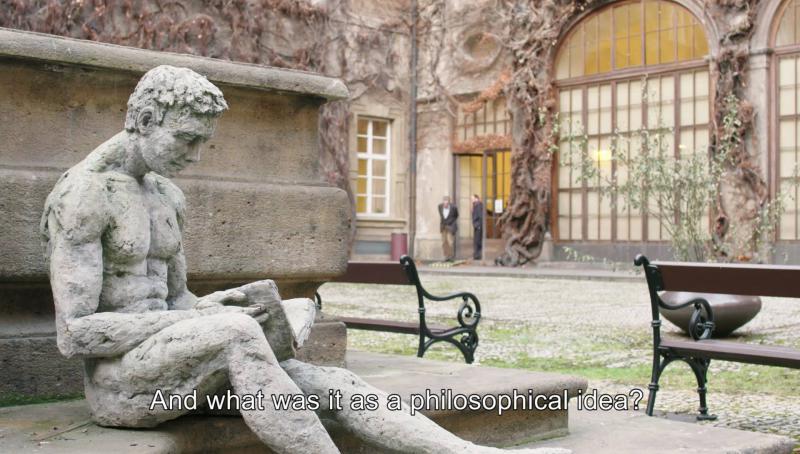
The Black Monk, 2017, 1 hr. 50 min., dir. Kama Ginkas
Saturday, November 11, 8:30-11:00 pm | Marriott Downtown Magnificent Mile, Salon 1
Presented by Stage Russia
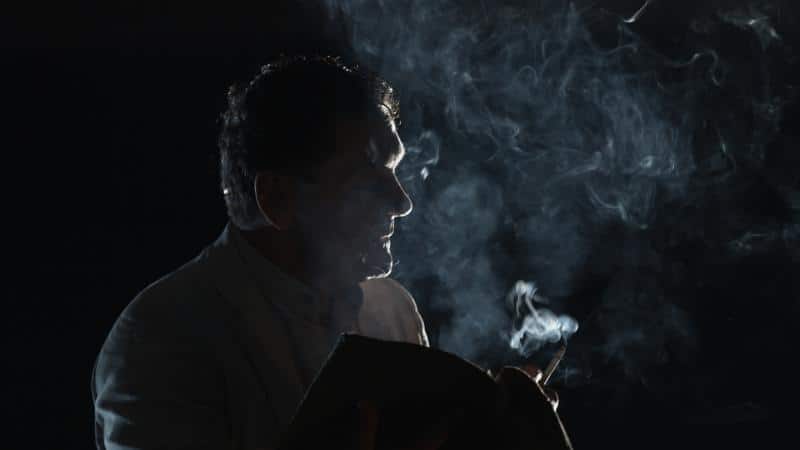
Winner of the Grand Prix and the Critics’ Prize for Best Production, Best Director (Ginkas), Best Actor (Sergey Makovetskiy) and a Golden Mask award for Best Stage Design (Sergey Barkhin).